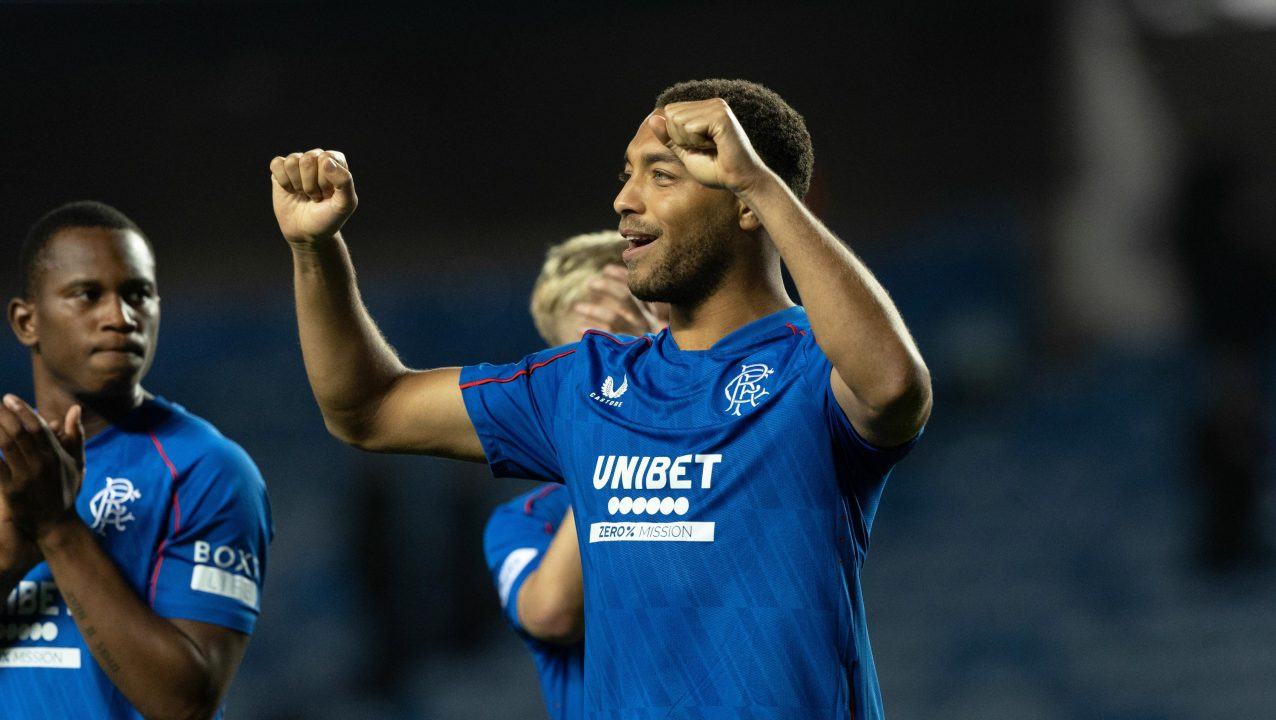Slalom canoeists Jessica and Noemie Fox have competed against each other since they were children but this is the first year they have both raced at the Olympics. Everyone in their family is an Olympic athlete: mother Myriam Fox-Jerusalmi won bronze at the Atlanta 1996 Games for K1, while their father Richard Fox represented Britain in the same event at the Barcelona Games in 1992. Jess, 30, made her Olympic debut as an 18-year-old at the 2012 London Games, going on to compete in Rio, Tokyo and Paris and winning six medals, .
Although younger sister Noemie, 27, has been competing at the international level since 2013, she has previously missed out on a spot on the Olympic team because Australia's only slot went to Jess. But a new Olympic event introduced this year — — finally gave Noemie a chance to represent her country. On their return from Paris, Jess and Noemie talk about what it was like to compete against each other, and the moment Noemie finally joined the rest of her family, not just as an Olympian but as a gold medallist.

Ever since I can remember. Both my parents are Olympians so I naturally thought I'd be an Olympian and then I realised, 'Oh, it's much harder than I thought'. Source: Getty / AFP Yes, there were moments.
There's just one person that gets a spot for our country in the [C1 and K1] event, and that's always been [my sister] Jess, and she's at the top of her game and she's unbeatable. But deep down, I just really trusted the process; I knew that I love what I do, I love my sport and if the Olympics come and there's an opportunity, we'll seize it. On the water she's very competitive but in person, she's not at all competitive.
She's so supportive. She was my sparring partner, and we really helped each other grow as competitors. When we practice, it can be quite aggressive, it can be quite hard, but because she's my sister, she's always going to forgive me.
Source: Getty / Alex Davidson To end up in the same [kayak cross] heat so early on was extremely tough — I just didn't want to face her that soon. It was something we wanted to do either in the final or later down the track ..
. [and] to finish one and two but that didn't happen. When I went through, she was my first supporter and was cheering me down the whole way.
I think what we have is incredibly special. There are moments where your competitive sides clash a little bit, but at the end of the day what we've experienced has created such a beautiful bond. We have always been close, I remember playing together from a young age with our dolls and toys and spending every summer with our neighbours splashing in the pool.
Noemie was cheeky and energetic; she loved performing. She was always keen to do whatever I did. I remember I was taking ages to learn how to ride a bike and using training wheels, and Noemie just one day started trying to do it herself in the backyard.
[She wasn't] afraid to stack it. Source: Getty / Jason McCawley I think so; I think with everyone else they're a competitor. [But] neither of [those things] happened.
I went through and she didn't have a good start and she got held back. It was hard to cross the finish line and see her stuck. There was a bit of disappointment initially to not get further into the competition, but that’s kayak cross and I knew that could happen.
There’s a lot you can’t control. Seeing Noemie smash each round made me so proud and excited for her that there was absolutely no personal disappointment because it just turned into support and joy for her. Definitely.
I'd have extended family [say] 'Oh, you still do kayaking?'. They just thought it was Jess that did it and [I'm] there ticking along, like: 'Yeah, I still do it'. So that was hard.
Then obviously [there's] self-doubt: 'Will I ever be good enough?' I did a lot of work on making sure I understand myself well — self-worth, self-belief and my strengths as well. Even now, it's still the 'Fox sisters show' but we are individual gold medallists as well. I think there’s a mutual respect, understanding, love and joy that we share when we watch each other and support each other racing.
We are close and talk about it, so I’m sure she knows how I feel. I’ve felt moments of guilt around that, but now being able to share this together is one of the greatest joys in my life. Source: Getty / Francois Nel I feel like I had the perfect Games.
It felt different to Tokyo because I’d finally cracked that "curse" and got the gold there. Here, it was about getting the kayak [gold] and defending the canoe [gold], and the mindset and energy around the race felt very different. Having a crowd was unbelievable and I had the best time.
Source: Getty / Alex Davidson We aren't in the same carbon fibre boats, we're in a plastic boat that weighs 18 kilos — that's nine kilos heavier than the slalom boats. With that comes a lot of extra strength work in the gym, injury management and prevention. It's a different sport because there's contact.
For me, the main work that we did was not being scared. Source: Getty / Bertrand Guay/AFP In slalom, we go down by ourselves; you're all by yourself on the river. The goal is to be in that state of flow [and] make it look elegant.
In kayak cross, there [are] other people affecting your race. [I] had to do a lot of training to not be distracted by someone, to not back down if they're chasing you [and] to really get used to the feeling of chasing and being chased, and the adrenaline rush that comes with that. So nervous.
I felt sick and actually started my watch activity to see what my heart rate was during her races — it hit 188 beats per minute. I get more nervous watching her than I do competing. [Noemie] was taking too long to get out — and get close to the bank for a hug — so I jumped in because I couldn’t hold it in any longer.
Source: AAP / Kirsty Wigglesworth/AP It was a moment of pure joy, euphoria and pride seeing her absolutely smash the final. I gave it everything as the cheerleader on the bank and lost my voice, cried all the tears and couldn’t stop smiling. It took a while to sink in.
I didn't feel nervous [ahead of the race]; I felt so ready to be there. I told myself 'You've won every single race up until now'. You don't hear the crowd — it's like a buzz, this energy — but I was quite close to the bank where the teams run down .
.. and I heard my mum scream to say that I was out in front, and I felt that charge.
That was the moment where it pushed me forward. Source: Getty / Kevin Voigt When I crossed the line, it was just a lot of emotions, and also kind of disbelief that: 'Wow, I just did the race of my life'. It wasn't until I saw the boys' final [after my race] and saw my friend cross the finish line first for New Zealand that I kind of realised: 'Wow, I did that too.
We're both Olympic champions'. Source: Getty / Kevin Voigt I was not prepared for what Paris was going to be like. It was beyond any sort of imaginable feeling and experience.
It was for me, pure magic, partly because I'm half French and so there's that really big tie there. But also I love Paris. I let myself fully immerse into the Olympic movement; live the highs of when people won and then the lows of when a favourite was knocked out.
I don't know how anything can live up to what Paris was — to walk away with a gold medal at my first Olympics — [and] to live so many intense family moments: to watch my sister win two gold medals, and then my friends as well. After my own podium [win], it was walking out in Champions Park [where medallists walk the runway in front of a crowd]. I was wearing my medal, the Eiffel Tower was in front of us — we had our own piece of the Eiffel Tower around our necks — and music was blasting; people were cheering and they knew our names, and they were asking for photos.
I think that will forever be my main memory from Paris that I latch on to for the rest of my life. Source: Getty / Luke Hales It’s years of training and preparation, sacrifice and dedication to try and perform on one day every four years — that’s pretty intense. It’s both isolating and terrifying and at the same time exhilarating and inspiring.
All the Aussie athletes you saw gave their heart and for some, it worked out — they achieved personal bests, their goals and dreams. For others, it was heartbreak and loss, feelings of failure — but we are human and [the] moments of vulnerability and courage should also be celebrated. Share 9 min read.



















